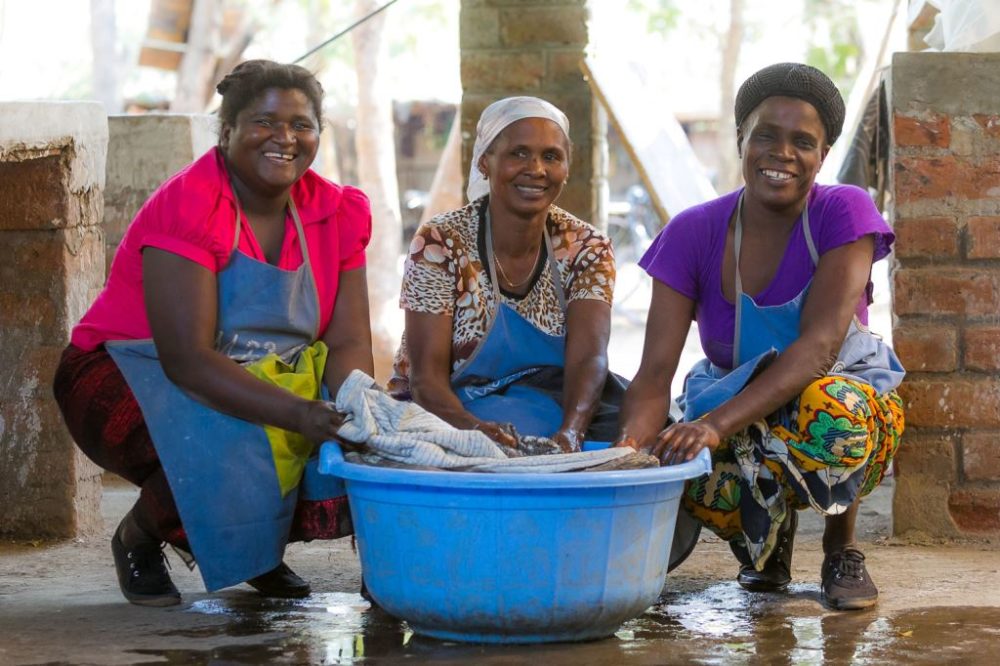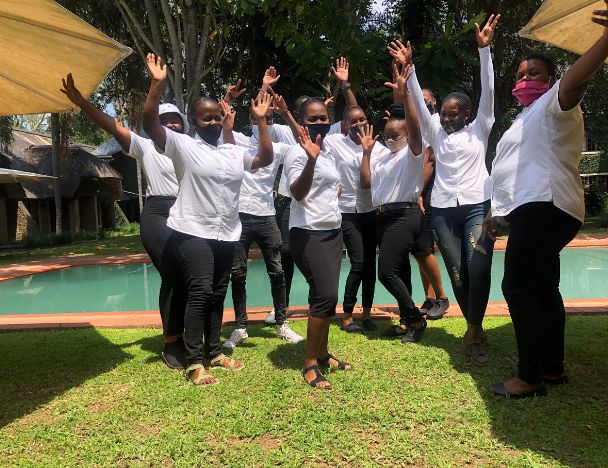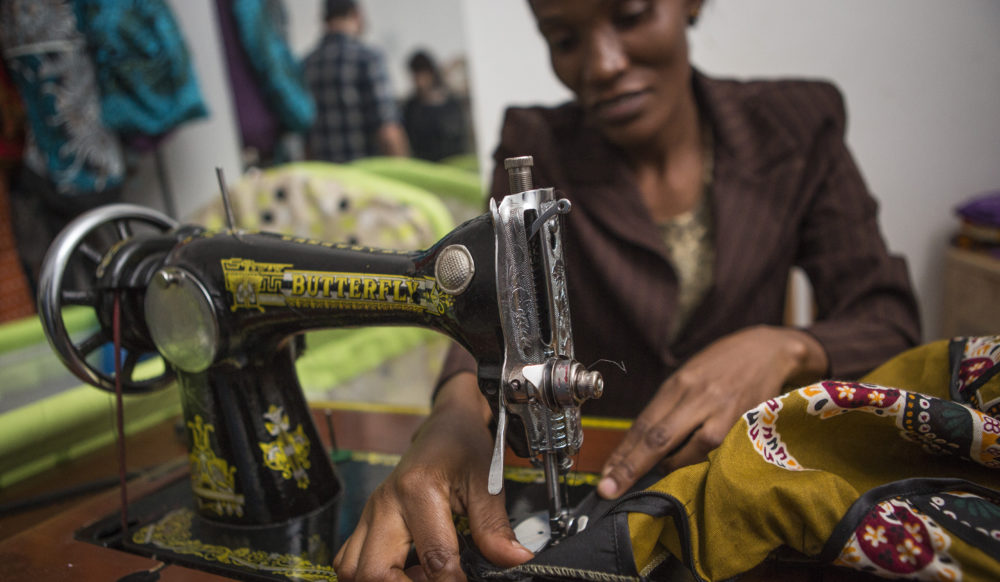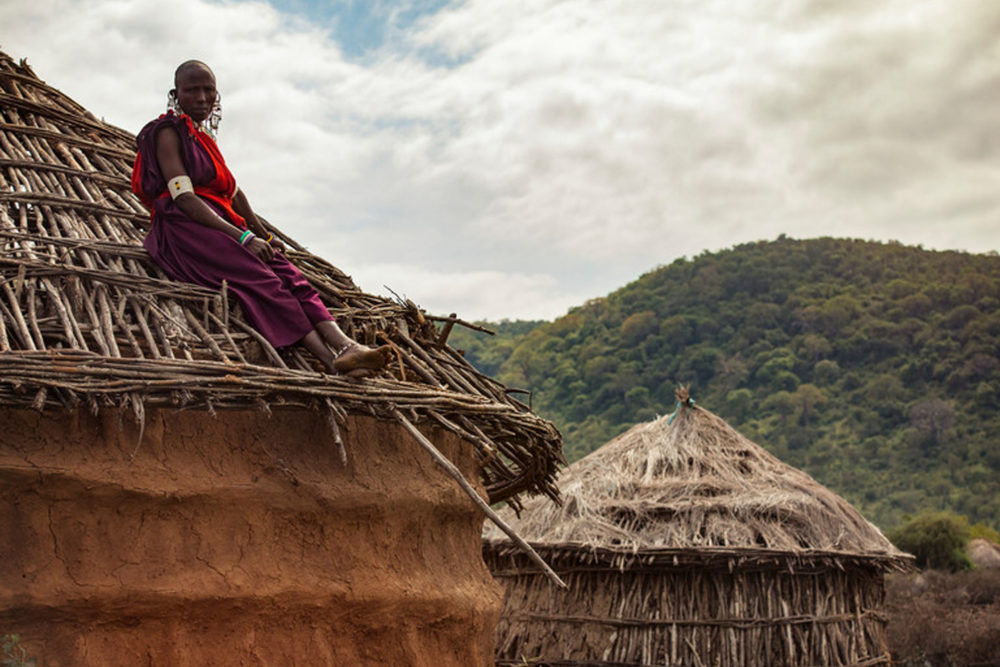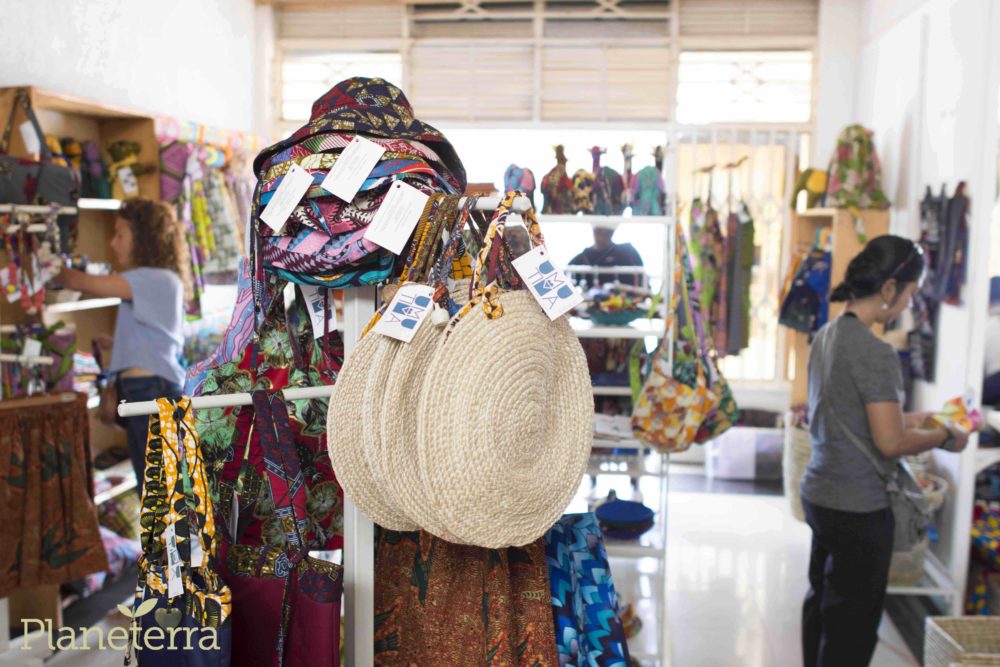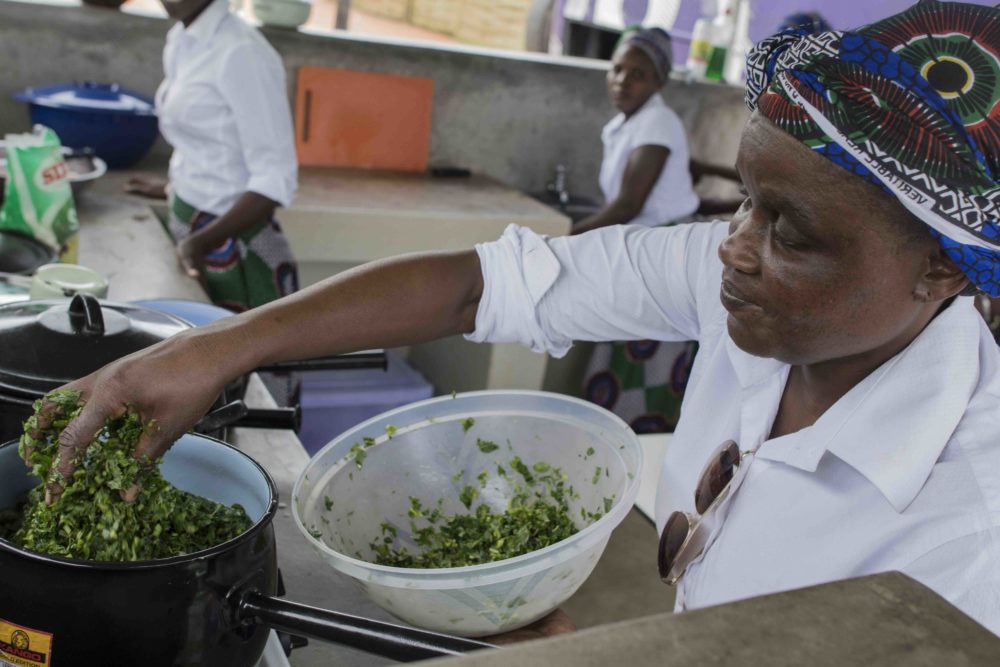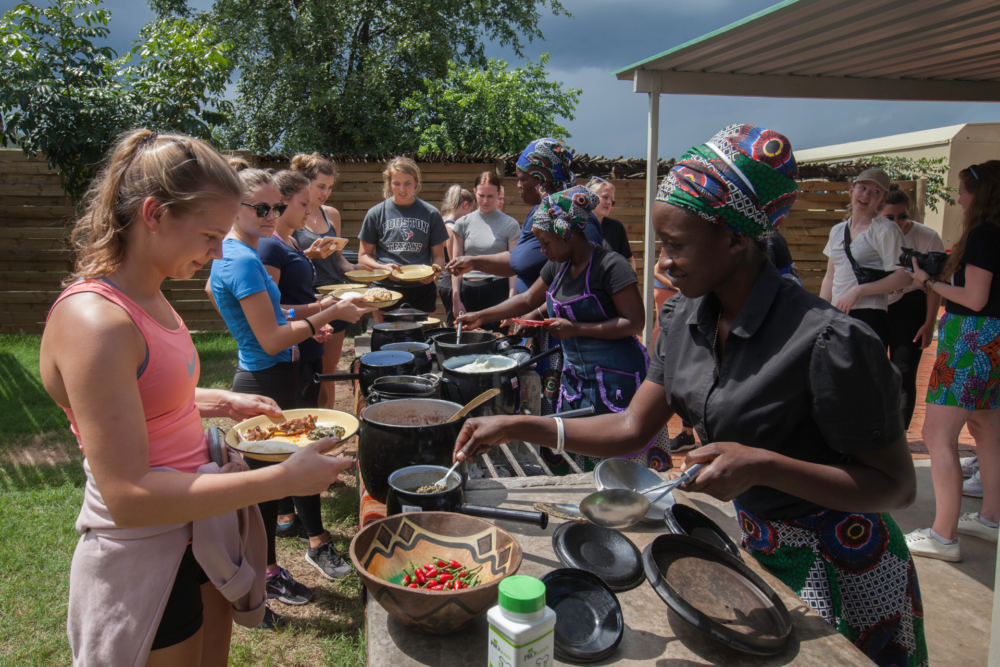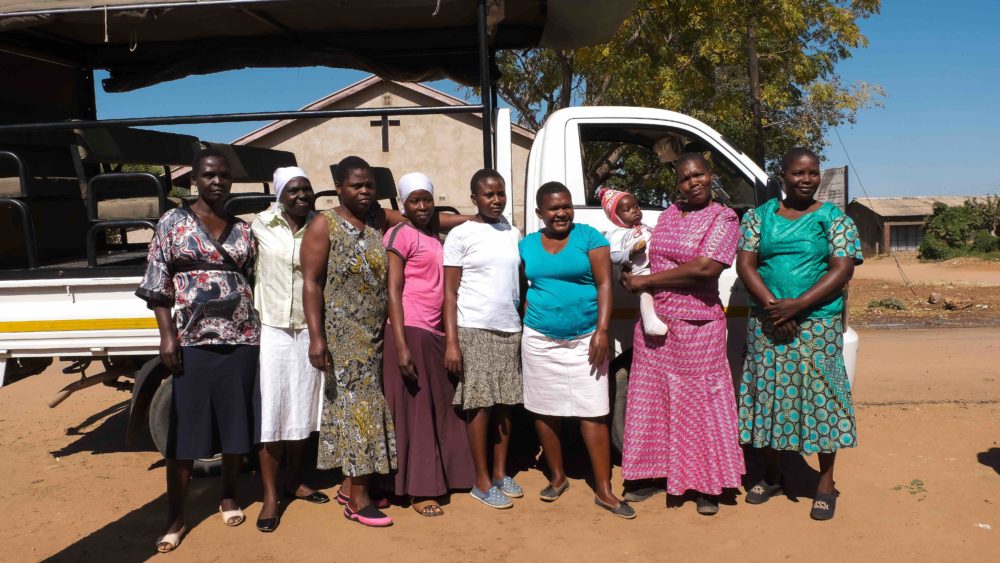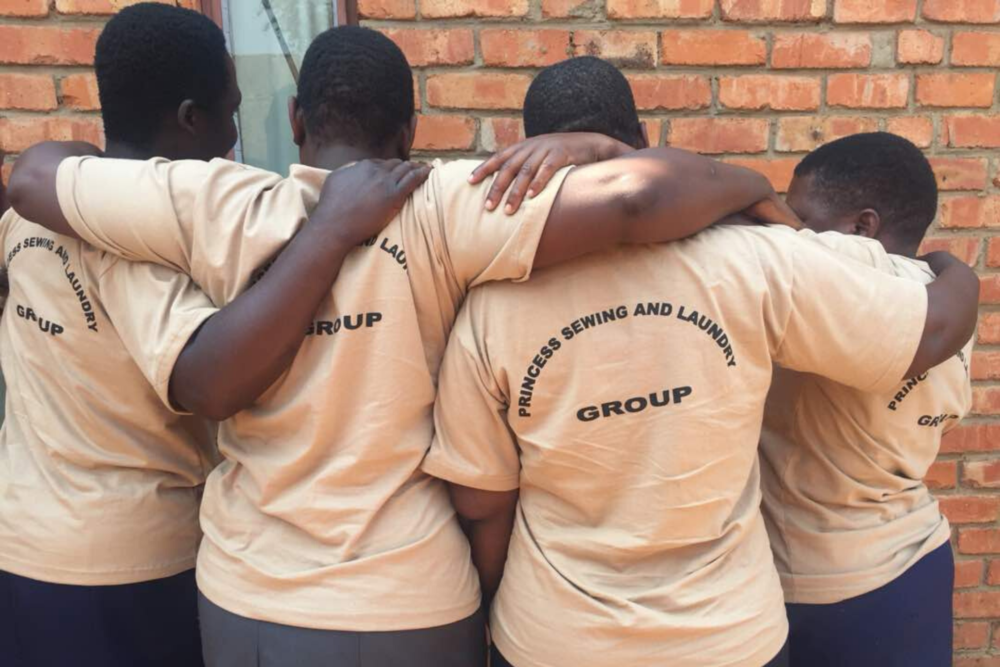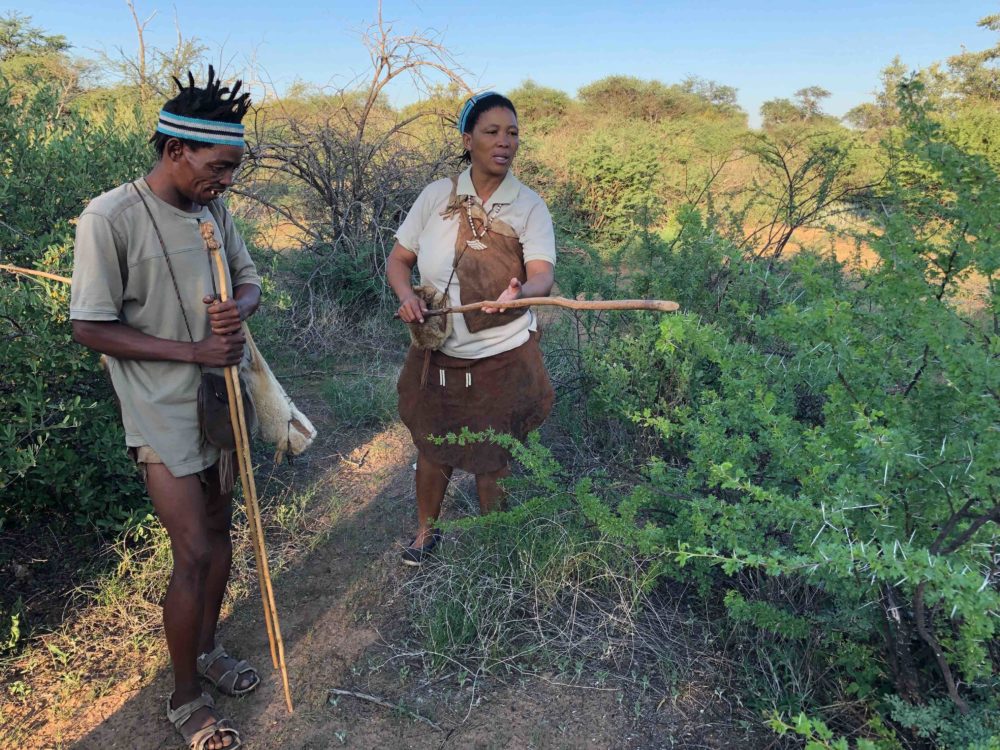Tribal Textiles

Impact
As a true social enterprise, a portion of the proceeds from many of the products made and sold at Tribal Textiles are allocated towards local efforts such as the protection of African wild dogs, or the local Malimba Primary School. As a result, whenever a purchase is made, there are ripple effects felt throughout communities and for local wildlife organizations. Tribal Textiles is also home to the Mango Tree Artisan Market, which showcases the artwork of 15 local artists, and gives them the ability to sell their own locally-made handicrafts on-site.

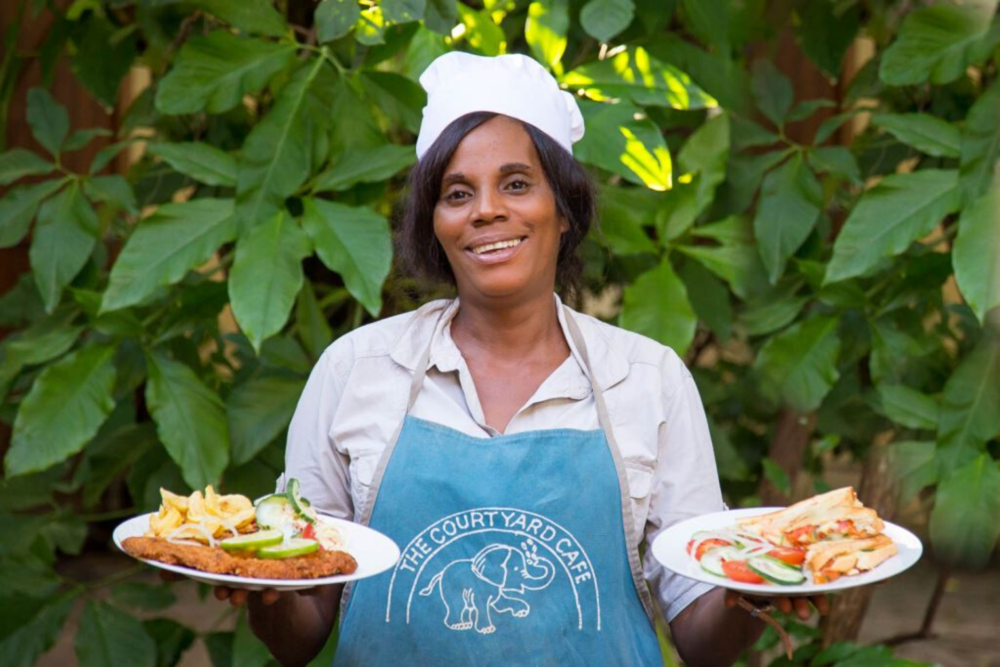
Critical Need
Zambia is a vibrant flourishing nation in Southern Africa, which has seen recent economic growth, though this has mostly been concentrated in urban centres. Employment opportunities are gravely needed in rural areas, and are perhaps even more imperative for communities which border national parks that hold the country’s precious wildlife. Tribal Textiles, located just outside of South Luangwa National Park, is one of the largest employers in the village of Mfuwe, and because employees and artisans are able to gain income from these opportunities, they are less likely to engage in poaching of resources from the tourist-frequented park.
Our Involvement
Planeterra works with Tribal Textiles to connect the social enterprise with a larger customer market, which will benefit the workshop’s employees as well as the many conservation and community initiatives that they support in the surrounding area. Planeterra also encourages and has advocated successfully for tour groups to stop and have a meal at Tribal Textiles, which houses the Courtyard Café. The beautiful outdoor café, which serves travellers delicious food and gives them a glimpse of Zambian hospitality, is also run by a local female entrepreneur, Dorica.



